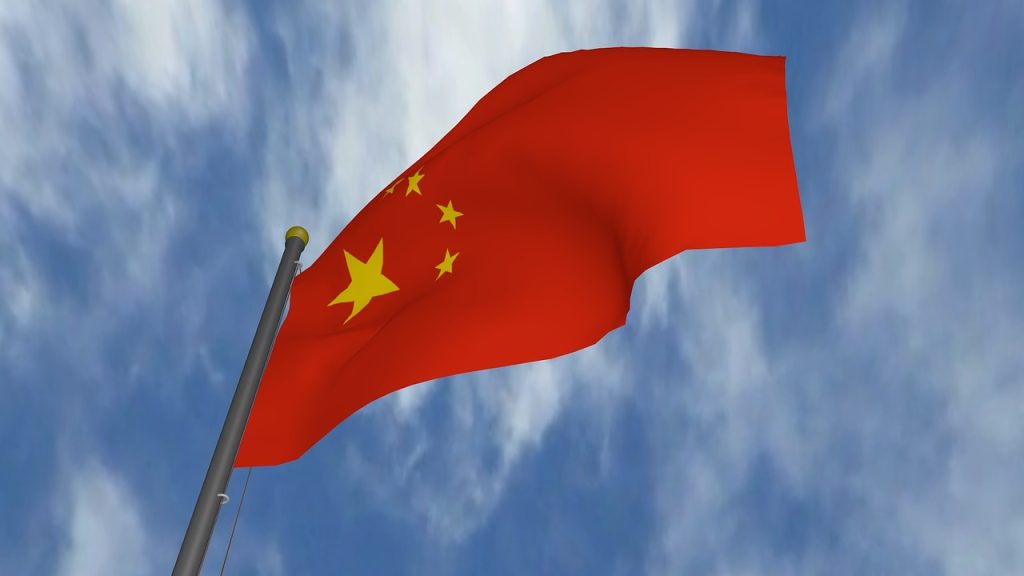By Favour Osah
China has introduced a new rule that’s already stirring debate online. Influencers must now prove their qualifications before talking about certain topics like finance, health or law.
Officials say the move is meant to fight misinformation, but critics see something deeper: another way to tighten control over speech.
The law, which took effect on October 25, 2025, requires creators to show evidence of expertise, either a degree, license, or certification before posting about regulated subjects, according to Morocco News.
The Cyberspace Administration of China (CAC) says the policy is designed to protect the public from false or misleading content. Platforms such as Douyin (China’s version of TikTok), Bilibili, and Weibo must now verify creators’ credentials and make sure posts include proper citations and disclaimers.
Influencers also have to label AI-generated material and clearly identify when they’re referencing research studies. Advertising medical products, supplements, or health foods under the guise of “education” is now banned.
Officials argue the new rules will improve accuracy and accountability online. But many see it differently.
Social media users say it could silence independent voices and give regulators too much power to decide who counts as an “expert.”
One Beijing-based creator wrote on Weibo, “Next thing you know, we’ll need a license to post opinions.”
The debate has spread beyond China’s borders. It raises a bigger question: who gets to share information in the digital age? Influencers have become trusted voices on everything from investing to mental health, often because they’re relatable, not because they’re certified.
But that same openness has its pitfalls. False claims can travel faster than verified facts, and audiences often take confidence for credibility. When someone with a million followers says something wrong, the correction rarely reaches as far.
Some Chinese users welcome the change, saying it could make online discussions more credible. “It’s about time people with real expertise led the conversation,” one Weibo user commented.
Others worry it could drain the internet of creativity, turning social media into a space where only state-approved opinions survive.
The post China’s new influencer law sparks debate over online freedom appeared first on Vanguard News.

